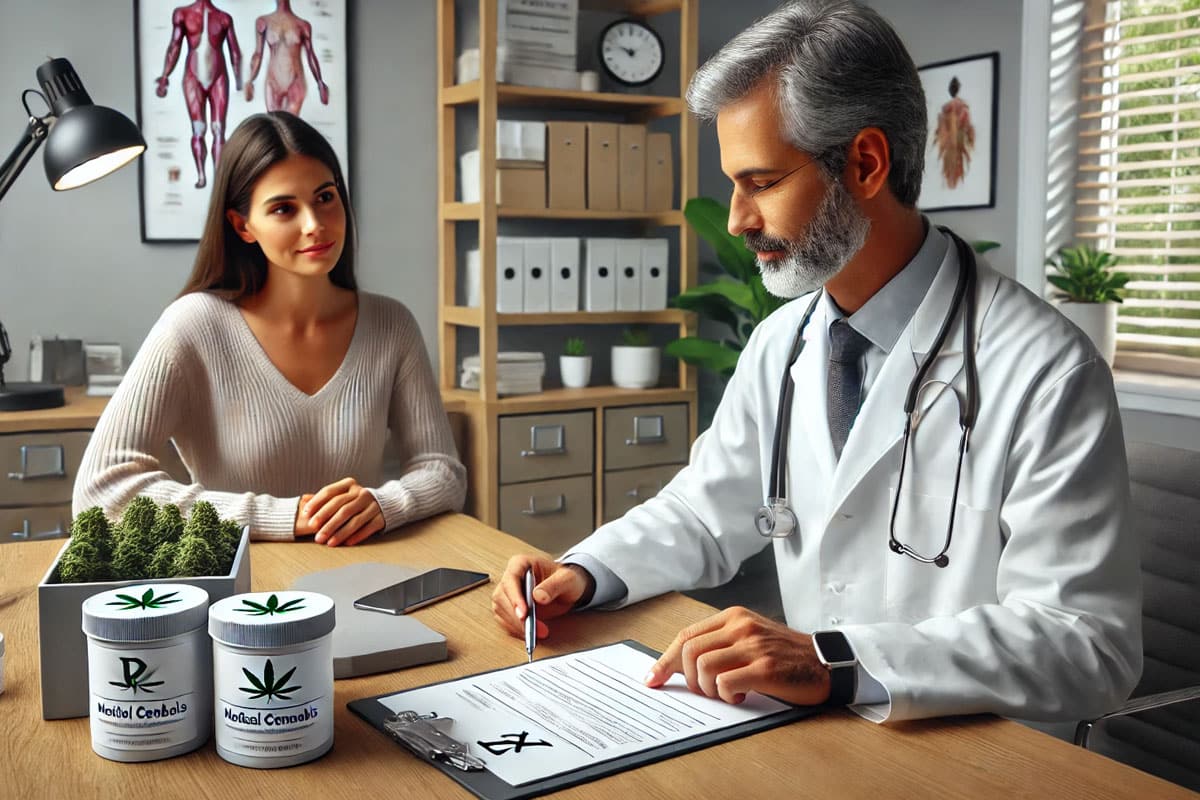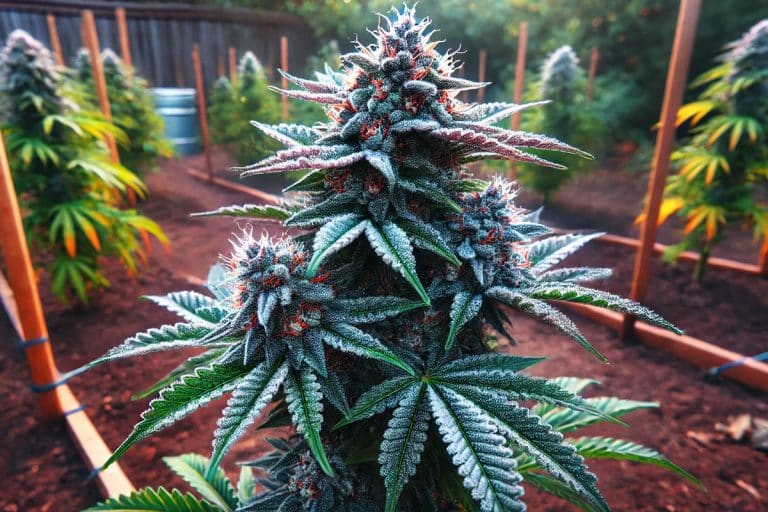Cannabis legalization has changed the conversation around medicine forever. Once stigmatized and misunderstood, cannabis is now widely recognized for its therapeutic benefits in managing pain, anxiety, insomnia, and even chronic illnesses. Despite this progress, many patients still ask the same question: “Doctors and Cannabis: Can You Really Trust Their Medical Advice on Weed?”
The answer isn’t always simple. While doctors are trusted sources for most healthcare advice, when it comes to cannabis, patients often find themselves more informed than their physicians. This article explores why that is, the history behind the disconnect, the risks of misinformation, and how patients can advocate for themselves when it comes to medical cannabis.
Why Patients Question Their Doctors on Cannabis
Healthcare professionals are among the most trusted voices in society. However, surveys and patient experiences reveal that many people feel their doctors lack adequate knowledge about cannabis.
Here’s why:
- Medical Education Gaps
- Most medical schools in North America have historically ignored cannabis science in their curriculum.
- Doctors may receive little to no training on cannabinoids, the endocannabinoid system, or therapeutic applications.
- Historical Stigma
- Cannabis was criminalized for decades, portrayed as harmful rather than healing. Many doctors still carry outdated perceptions shaped by prohibition-era propaganda.
- Lack of Standardized Guidelines
- Unlike pharmaceutical drugs, cannabis dosing and treatment protocols vary by patient, strain, and delivery method. Many physicians feel uncertain recommending it.
- Legal Concerns
- In regions where cannabis remains federally restricted (such as the U.S.), some doctors fear legal liability or professional risks when recommending cannabis.
- Patients Leading the Conversation
- In many cases, it’s the patients—not the physicians—who bring research, strain information, and dosage questions to appointments.
The Role of Trust in Cannabis and Healthcare
Trust is essential in the patient-doctor relationship. When it comes to cannabis, trust issues arise because:
- Patients feel dismissed. Some report doctors brushing off cannabis discussions, advising against it without offering alternatives.
- Doctors feel underinformed. Many admit they lack the knowledge to guide patients on cannabis use.
- Patients seek alternative sources. This pushes people toward online forums, dispensaries, or anecdotal advice, which can vary in reliability.
The result? Patients often feel more comfortable trusting cannabis-friendly doctors or their own research over traditional medical opinions.
What Science Says About Cannabis
Despite skepticism in some medical circles, the evidence supporting cannabis continues to grow.
Proven Benefits
- Chronic Pain Relief – Studies confirm cannabis is effective for neuropathic and inflammatory pain.
- Anxiety and Stress Reduction – Certain strains high in CBD and limonene-rich terpenes promote calm.
- Insomnia Management – Indica-dominant strains and edibles are widely used for better sleep.
- Nausea and Appetite Stimulation – Cannabis helps chemotherapy patients manage side effects.
- Epilepsy Treatment – CBD (particularly Epidiolex) has been approved for rare seizure disorders.
Emerging Research
- PTSD treatment
- Multiple sclerosis symptom management
- Addiction recovery support
The science is moving fast—but medical education is struggling to keep pace.
Why Doctors Hesitate to Recommend Cannabis
Even when doctors acknowledge cannabis benefits, they may hesitate for these reasons:
- Insufficient Clinical Trials: While studies exist, cannabis research is limited compared to pharmaceuticals.
- Individual Variability: Cannabis affects each person differently, making dosing a challenge.
- Product Inconsistency: Strains, potencies, and formulations vary between dispensaries.
- Regulatory Issues: Some doctors face restrictions from state/provincial medical boards.
Patients Taking Control of Their Cannabis Health
Because of these challenges, many patients take a proactive approach:
- Self-Education
- Patients read peer-reviewed studies, blogs, and forums to better understand strains, dosing, and methods.
- Relying on Dispensary Experts
- Budtenders often provide more practical guidance on strains and effects than traditional physicians.
- Trial and Error
- Patients experiment with cannabis products to find what works for them.
- Seeking Cannabis-Friendly Doctors
- Increasingly, patients search for doctors who specialize in medical cannabis or integrative medicine.
How Patients Can Talk to Their Doctors About Cannabis
If you’re wondering whether you can trust your doctor about cannabis, the best approach is open communication. Here’s how to make it productive:
- Be Honest: Tell your doctor if you already use cannabis. Full disclosure helps avoid drug interactions.
- Ask Specific Questions: Instead of “What do you think about cannabis?” try “Do you have experience treating patients with medical cannabis for chronic pain?”
- Bring Research: Share credible studies or information to guide the conversation.
- Request Referrals: If your doctor isn’t knowledgeable, ask if they can refer you to a cannabis-friendly provider.
- Track Your Use: Keep a journal of strains, dosages, and effects to discuss during appointments.
Building Trust With Cannabis-Friendly Doctors
Not all doctors are uninformed about cannabis. In fact, a growing number are becoming advocates.
Signs of a Cannabis-Friendly Doctor
- They acknowledge the endocannabinoid system.
- They are open to discussing cannabis as part of a broader treatment plan.
- They keep up with current cannabis research.
- They don’t dismiss your questions or experiences.
Working with such a doctor can restore trust and ensure you get the most from cannabis while minimizing risks.
Risks of Not Trusting Your Doctor About Cannabis
If patients feel they can’t trust their doctor, they may:
- Avoid Disclosure: Not telling doctors about cannabis use can lead to dangerous drug interactions.
- Rely on Anecdotes Only: While forums and friends can help, not all advice is safe or evidence-based.
- Miss Out on Comprehensive Care: A doctor who understands your full health picture can provide better guidance.
This makes it crucial to find a balance—patients should advocate for themselves while still involving healthcare professionals.
The Future: Bridging the Cannabis Knowledge Gap
The solution lies in better cannabis education for healthcare providers. Slowly but surely, progress is happening:
- Medical schools are beginning to integrate cannabis science into their curriculum.
- Continuing education programs are teaching practicing doctors about cannabinoids and patient care.
- Legal reforms are normalizing cannabis, reducing stigma among healthcare professionals.
As this shift continues, future generations of doctors will be far better prepared to guide patients.
Final Thoughts: Do You Trust Your Doctor About Cannabis?
Trusting your doctor is vital—but when it comes to cannabis, many patients feel let down. The knowledge gap is real, but it doesn’t mean you should ignore medical advice altogether. Instead, think of cannabis as a collaborative journey:
- Educate yourself about strains, effects, and dosage.
- Communicate openly with your healthcare provider.
- Seek cannabis-friendly doctors when necessary.
Over time, as cannabis education improves, the trust gap between patients and doctors will shrink. Until then, patients must strike a balance between self-advocacy and medical guidance, ensuring they enjoy the benefits of cannabis safely and effectively.







